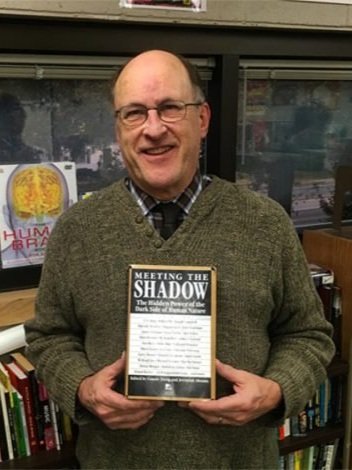The Appeal of “Downton Abbey”
By Bill Bornschein | January 27, 2014
As the BBC production Downton Abbey begins its fourth season amidst the typical swirl of sneak previews and gossip, it occurred to me that at least some of the show’s popularity reflects Becker’s ideas about culture. To be sure, there are many factors in the show’s success, foremost among them good writing and strong acting. Beyond the technical elements however, lies a storyline that speaks to our immediate condition as post-moderns who are maddeningly self-aware.
Downton Abbey tells the story of aristocrats in early twentieth-century England. Their travails revolve around the breakdown of their hierarchical world in the face of modernity. A parallel hierarchy of the servant class who wait on the aristocrats also suffers from similar stresses as the various liberation movements challenge their security. I maintain that part of the appeal of Downton Abbey is the vicarious pleasure we receive as we see the characters moving confidently in their prescribed roles. There is a clear rule book of behavioral expectations for both aristocrats and servants and those rules are framed against unconscious assumptions about the way things are. On that level we experience the program as a nostalgic reminder of a simpler day when Walter Cronkite could end his newscast with a confident “And that’s the way it is,” without the postmodern smirk of “Who says so?”
In a recent piece for The Wrap, critic Tim Molloy mocks the trivial concerns of the Downton Abbey crew: maid who quits without notice, or an apron that rips at an inopportune time. My favorite trivial crisis is the cook who is stymied by an electric mixer. But is this really so different from contemporary technology anxiety that affects many in my baby boomer generation? Perhaps it is the very triviality that Molloy observes which allows the culture to work its magic and protects everyone at Downton Abbey from the terror of the human condition. As Becker observed, “The real world is too terrible to admit. It tells man that he is a small trembling animal who will someday decay and die. Culture changes all of this, makes man seem vital to the universe; immortal in some ways.” The detail and rigidity of the social order is perhaps a testament to its effectiveness as character armor.
The struggle to maintain a coherent narrative of meaning in the face of change is no less a challenge for us than for the fictional characters. In fact, the center holds less securely today. We recognize the trivial as trivial, hence the game Trivial Pursuit. The Downton characters invest their social roles with meaning in a marvelously sincere and unconscious fashion. Their repression works. To borrow Kierkegaard’s image, they stand on the brink of eternity wondering if their socks match. But again, the plot is driven by that very condition of unconscious duty crumbling under the stress of modernity. Lou Reed captured the theme beautifully when he sang, “Self-knowledge is a dangerous thing, the freedom of who you are.” Our freedom renders the future more open and therefore more terrifying. This explains the current flight of many people into reactionary tribes and fundamentalisms, both sacred and secular.
Fortunately, there are other ways of dealing with the terror that accompanies freedom. One way is to apply the “anthropologist game.” In the original form of the game, people exchange wallets and, like an anthropologist, analyze the culture. Because they are objectified by the other person, assumed truths are seen in a new light. Similarly, Downton Abbey provides a familiar yet exotic world that we can hold safely and reflectively at arm’s length, seeing people wrestle with our shared human condition. As soap operas go, not bad.

